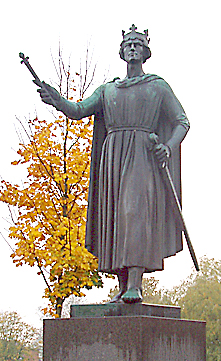
Amalric, formerly known in historiography as Amalric I, was the king of Jerusalem from 1163 until his death. He was, in the opinion of his Muslim adversaries, the bravest and cleverest of the crusader kings.
The 1160s was a decade of the Julian Calendar which began on January 1, 1160, and ended on December 31, 1169.
The 1090s was a decade of the Julian Calendar which began on January 1, 1090, and ended on December 31, 1099.
The 1170s was a decade of the Julian Calendar which began on January 1, 1170, and ended on December 31, 1179.
The 1100s was a decade of the Julian Calendar which began on January 1, 1100, and ended on December 31, 1109.

Year 1095 (MXCV) was a common year starting on Monday of the Julian calendar.

Year 1187 (MCLXXXVII) was a common year starting on Thursday of the Julian calendar.
The 1180s was a decade of the Julian Calendar which began on January 1, 1180, and ended on December 31, 1189.
The 1110s was a decade of the Julian Calendar which began on January 1, 1110, and ended on December 31, 1119.
Year 1118 (MCXVIII) was a common year starting on Tuesday of the Julian calendar.

Year 1180 (MCLXXX) was a leap year starting on Tuesday of the Julian calendar.
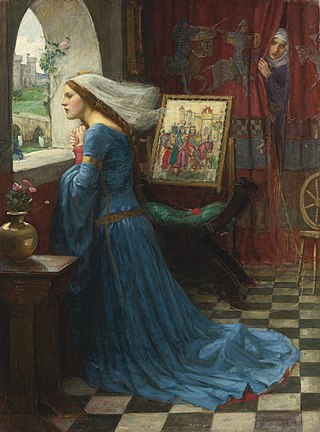
Year 1169 (MCLXIX) was a common year starting on Wednesday of the Julian calendar.

Year 1167 (MCLXVII) was a common year starting on Sunday of the Julian calendar.

Year 1198 (MCXCVIII) was a common year starting on Thursday of the Julian calendar.
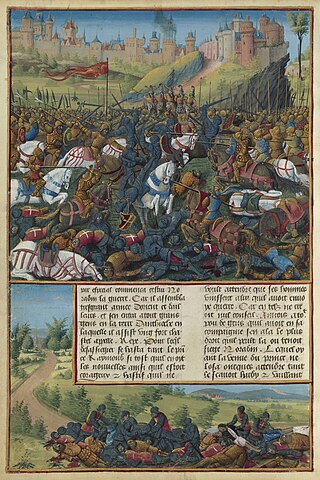
Year 1149 (MCXLIX) was a common year starting on Saturday of the Julian calendar.
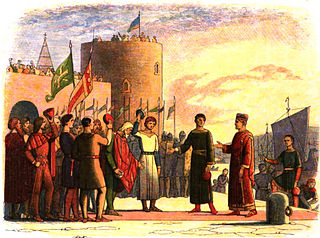
Year 1171 (MCLXXI) was a common year starting on Friday of the Julian calendar.
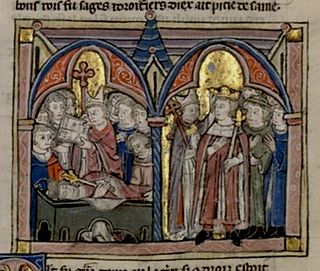
Year 1174 (MCLXXIV) was a common year starting on Tuesday of the Julian calendar, the 1174th year of the Common Era (CE) and Anno Domini (AD) designations, the 174th year of the 2nd millennium, the 74th year of the 12th century, and the 5th year of the 1170s decade.

Year 1105 (MCV) was a common year starting on Sunday of the Julian calendar.

The House of Lusignan was a royal house of French origin, which at various times ruled several principalities in Europe and the Levant, including the kingdoms of Jerusalem, Cyprus, and Armenia, from the 12th through the 15th centuries during the Middle Ages. It also had great influence in England and France.
The 1020s was a decade of the Julian Calendar which began on January 1, 1020, and ended on December 31, 1029.
